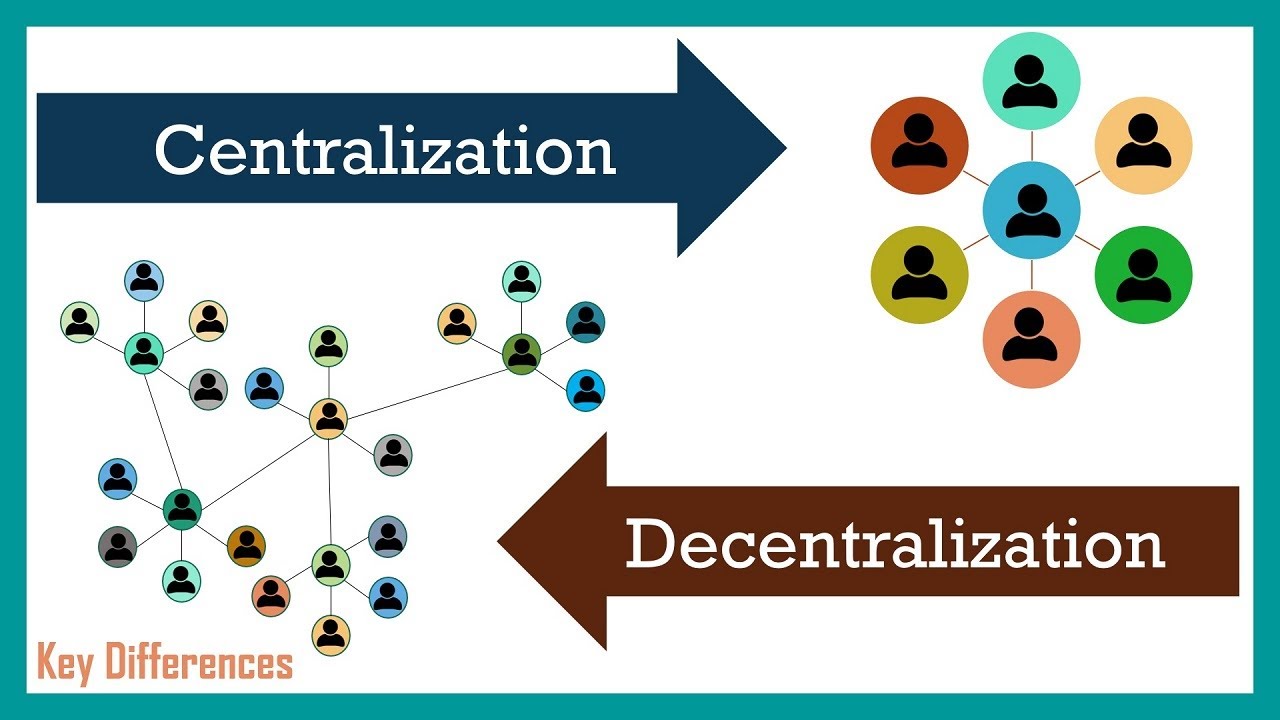In recent years, blockchain technology has emerged as a groundbreaking innovation with the potential to transform various sectors. At its core, the purpose of blockchain technology is to offer a decentralized and secure way to record and verify transactions. But its applications and implications extend far beyond mere financial transactions. Lets delve deeper into what makes blockchain so revolutionary and how it is reshaping our digital landscape.
1. Decentralization
One of the primary purposes of blockchain technology is to eliminate the need for a central authority. Traditional systems often rely on intermediaries—such as banks, brokers, or clearinghouses—to validate transactions and maintain records. Blockchain, on the other hand, distributes this responsibility across a network of computers (or nodes). This decentralization ensures that no single entity has control over the entire system, reducing the risk of manipulation and fraud.
2. Security and Immutability
Blockchain technology is designed to be highly secure. Each transaction is recorded in a block, and these blocks are linked in a chain using cryptographic techniques. Once a block is added to the chain, it is virtually impossible to alter or delete the information it contains. This immutability ensures that transaction records are permanent and tamper-proof, making blockchain an attractive option for applications requiring high levels of data integrity.
3. Transparency
Transparency is another fundamental aspect of blockchain technology. In a public blockchain, every participant has access to the entire ledger, which provides a clear view of all transactions. This transparency fosters trust among users and allows for easier auditing and verification. For businesses, this means that their operations and transactions can be more easily scrutinized, potentially enhancing accountability and reducing the risk of fraud.
4. Efficiency and Cost Reduction
By cutting out intermediaries and automating processes through smart contracts, blockchain technology can streamline various operations. For instance, blockchain can facilitate faster cross-border payments, reduce transaction costs, and eliminate the need for multiple layers of validation. This efficiency can lead to significant cost savings for businesses and individuals alike.
5. Decentralized Applications (DApps)
Beyond simple transactions, blockchain technology enables the creation of decentralized applications (DApps) that run on top of blockchain networks. These applications leverage the blockchain features—such as decentralization, security, and transparency—to offer new functionalities and services. Examples include decentralized finance (DeFi) platforms, supply chain management systems, and peer-to-peer marketplaces.
6. Data Ownership and Privacy
Blockchain technology also addresses issues related to data ownership and privacy. In a decentralized system, users have greater control over their personal data and can choose what information to share and with whom. This contrasts sharply with traditional systems where centralized entities often hold and control user data, raising concerns about privacy and data security.
7. Trustless Transactions
A key advantage of blockchain technology is its ability to facilitate trustless transactions. In a traditional system, parties need to trust intermediaries or third parties to ensure the validity of a transaction. Blockchain eliminates this need by using cryptographic proofs and consensus mechanisms to verify transactions. This means that users can transact with confidence, knowing that the system itself ensures the integrity of the process.
Conclusion
In essence, the main purpose of blockchain technology is to provide a decentralized, secure, and transparent way to record and verify transactions. Its impact extends beyond cryptocurrencies, influencing various sectors such as finance, supply chain management, and data privacy. As blockchain technology continues to evolve, its potential to reshape industries and drive innovation is becoming increasingly apparent. Whether through enhancing security, increasing transparency, or reducing costs, blockchain is poised to play a crucial role in the future of digital interactions.






Blog Comments